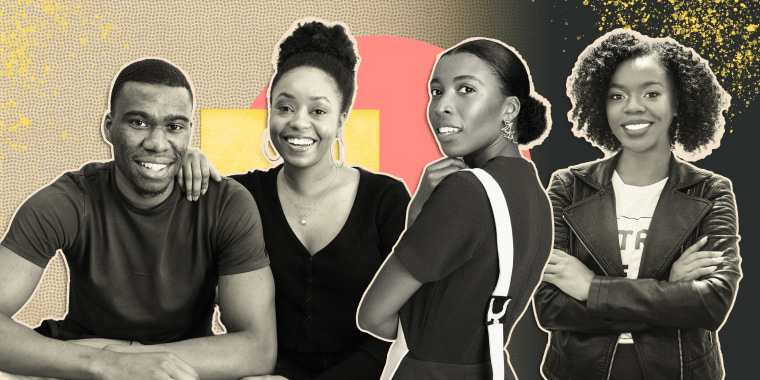Calls for racial justice resounded throughout the nation this summer, compelling consumers and companies to support Black establishments and entrepreneurs with their wallets. A 2020 survey conducted by Groupon and the National Black Chamber of Commerce found that 75% of the 400 Black businesses they surveyed saw an increase in sales throughout June. According to theGrio, searches for Black-owned businesses increased by 1,785% following #BlackOutDay on social media. Since then, this activity has ebbed and flowed as Black businesses fight to survive amid the pandemic.
COVID-19 has presented unique challenges to Black businesses as nearly half were "wiped out" by the pandemic in April and minority-owned businesses have struggled to receive loans from the Paycheck Protection Program. As the country embarks on a celebration of Black history this month, consumers can help preserve and uplift businesses in the Black community beyond that "June boom." Here are five directories to help you incorporate Black-owned products into your daily life.
1. Nile List
Khadijah Robinson created The Nile List in 2019 to merge her love of online shopping and supporting her community. The attorney came up with the idea following the Ferguson protests when a reporter inquired about the destruction of local businesses. “I'll never forget that an organizer was being interviewed and told the reporter, 'We don't own any of this,'” Robinson said. “Do you think we own this QuikTrip or that bank? It made me want to be much more purposeful about supporting those things that are ours.”
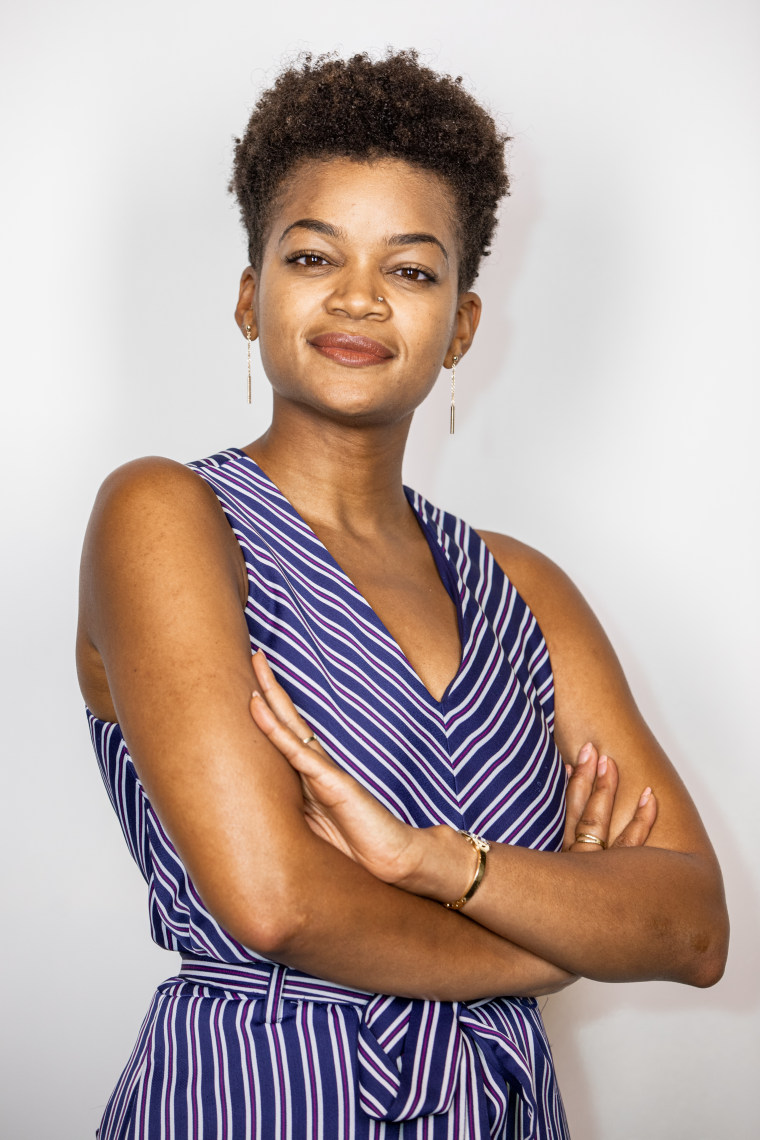
Named after the river, she created The Nile List to become a stream of commerce and income for Black-owned businesses. The platform works like a Yelp for e-commerce and features everything from wine to batteries. Shoppers can search and filter for items (vegan, woman-owned, etc.), and the products listed will link out to that business's specific website. Soon, it will be remodeled for shoppers to purchase items directly on the Nile List site.
The 31-year-old Georgia native said all consumers should understand that these are often small, independent businesses led by “solopreneurs” who handle everything from shipping to customer service. She recommends keeping that in mind as you shop and having the patience to uplift independent businesses so they can hire more resources.
If you want to support Black businesses for the long haul, “the most important thing is to look at the things that you buy most frequently and start replacing them with Black-owned products,” she said.
2. Bold Xchange
Bold Xchange started in 2016 when Danielle Deavens was shopping for a Christmas present for her dad. “It was such a great experience that I decided to buy all my family's Christmas presents from Black-owned businesses, but it was just way harder than I expected it to be,” she said.
Along with co-founder Douglas Spencer Jr., Deavens sought to create a platform that made it easier to find Black-owned brands and support Black entrepreneurs. The online boutique, based in St. Louis, Missouri, and created in 2018, sells a curated collection of products from all different kinds of businesses. Dubbed the “most convenient way to buy Black online,” the founders have tried and approved every product, and shoppers can explore and purchase items in one fell swoop.
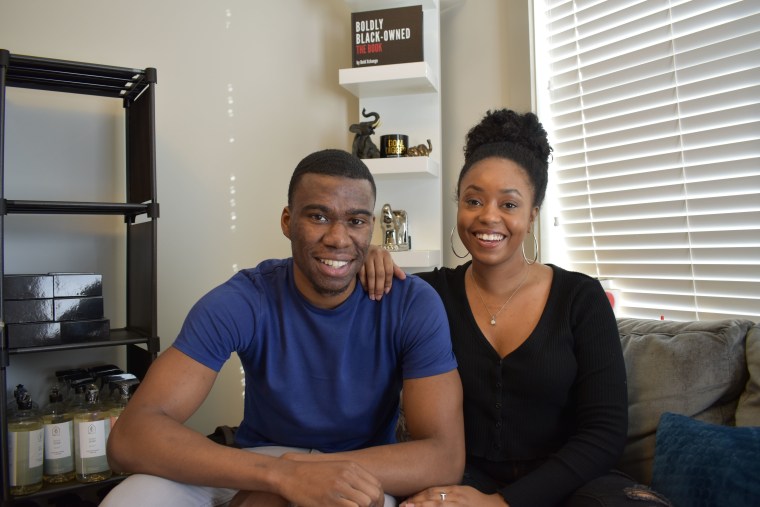
Bold Xchange was created long before the “June Boom” in 2020, but the founders felt its effects, scrambling to get packing materials and boxes from June to August. While the company delivered on its quick-shipping promise, 26-year-old Deavens said people should try not to place the same pressure on small businesses as big corporations.
“If there is no shipping policy, you should absolutely reach out because a lot of times they'll respond to you quickly and politely,” Deavens advised. “In general, if you extend grace, you are likely going to get grace back.” Her key to supporting Black businesses? Extend your shopping beyond everyday purchases to gift-giving — and consider the story, purpose and rich history behind each item.
3. Official Black Wall Street
Official Black Wall Street is a digital platform connecting consumers to different Black-owned businesses around the globe. With more than 375,000 downloads and featuring businesses throughout the United States, Canada, the Caribbean, the United Kingdom and more, the app alerts users when they’re near a Black-owned establishment and allows them to leave reviews after each visit.
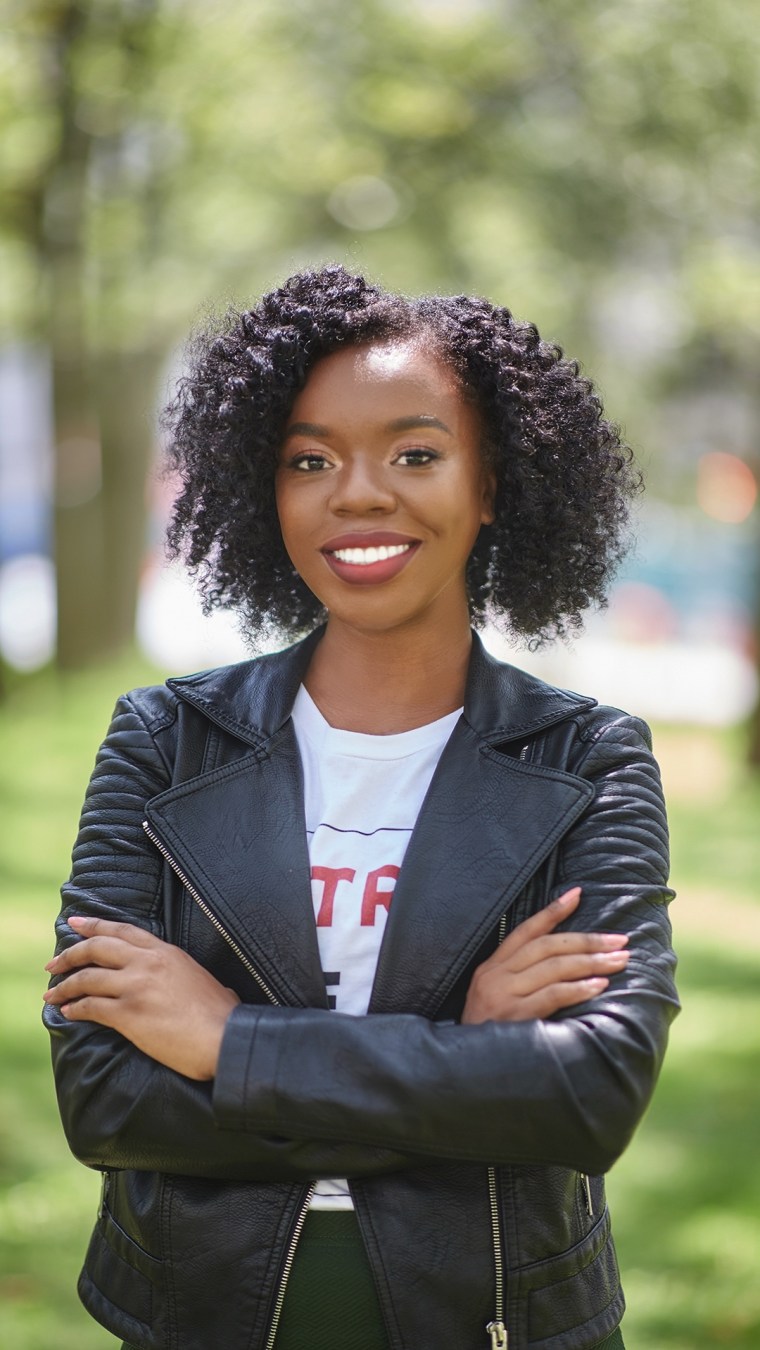
“I was living in Brooklyn, New York, and gentrification became very, very obvious,” said founder and CEO Mandy Bowman of her inspiration. “There were a lot of Black-owned businesses in my neighborhood that were closing down.”
Bowman decided she could help and created the OBWS website and app in 2017, naming it after the Black Wall Street Massacre in Tulsa, Oklahoma, in 1921.
OBWS is in the process of relaunching its website and app, both of which will also serve as a marketplace where users can shop directly from the site. Business owners can sign up at different subscription levels, and work and partner with larger companies and corporations.
As for her best advice to shoppers, Bowman said that buying Black should not be considered a moment, but rather a lifestyle change. “It's about community, increasing local economy and Black neighborhoods, and creating more generational wealth for Black entrepreneurs,” she said.
4. Black Owned Everything
Following the Black Lives Matter protests this summer, consumers began demanding accountability from brands and corporations. That's when costume designer and celebrity stylist Zerina Akers decided to create Black Owned Everything.
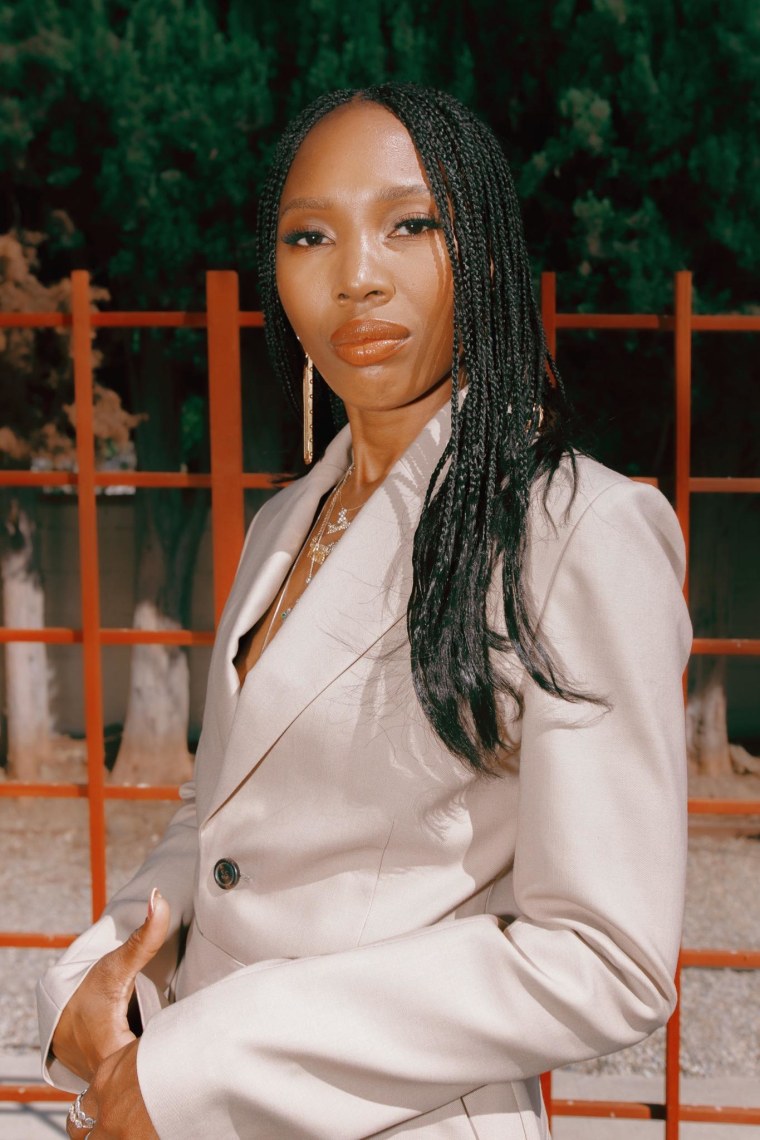
While Akers said it began as “a finsta of sorts,” the shoppable directory seeks to bolster Black creatives and their products, from lifestyle items and luxury fashion to food and more.
The Instagram page gained more than 10,000 followers organically in just three days after launching, and now has more than 200,000 followers.
Akers hopes that Black Owned Everything will become a go-to destination for quality merchandise and transform buying Black from being a chore, to something long-lasting and sustainable.
“We could be using our energy for something greater. If we could just turn a little bit of energy back on our own community, it would just go a lot further,” Akers said.
5. The Folklore
The Folklore, created by Amira Rasool in July 2017, is an e-commerce shop that sells luxury, designer fashions handmade in Africa to customers around the world. Hailing from South Orange, New Jersey, the Rutgers and University of Cape Town graduate wanted to create a platform that embodied her pan-African values.
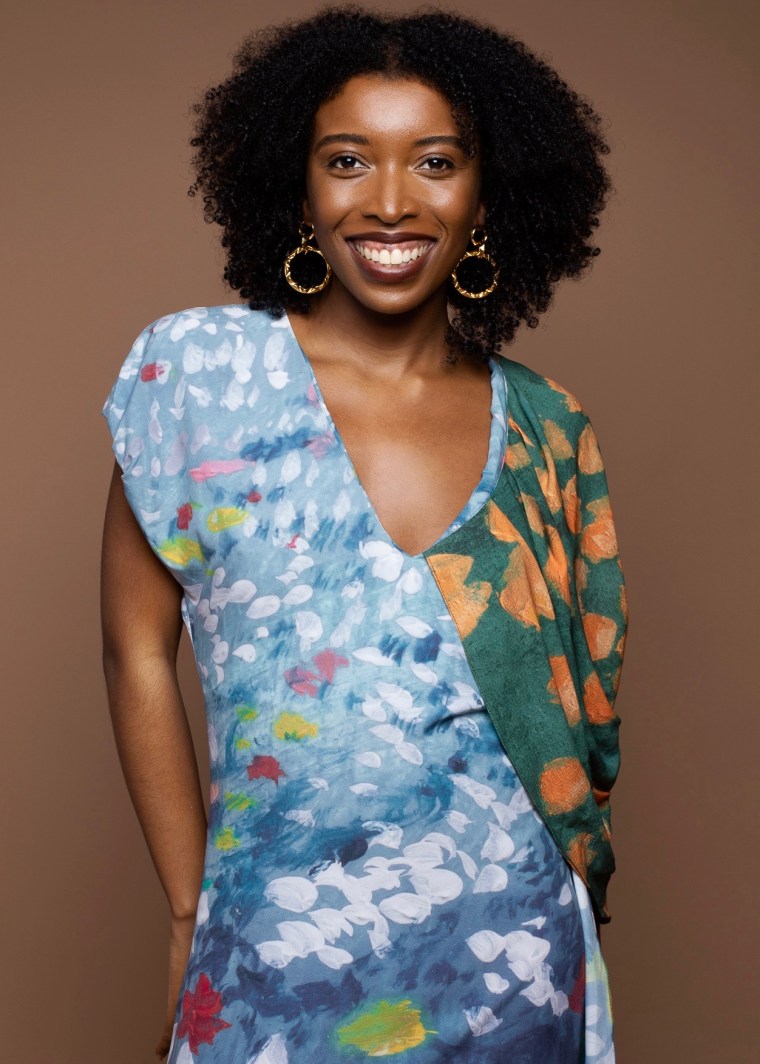
“I wanted to make sure that I did something that would bring us closer together," Rasool said. "(I wanted to) bridge that gap between Africa and the diaspora, and prioritize the idea that if Black people collectively unite and support each other economically, socially, politically and intellectually, we would be in a much better place.” Rasool added that she sees the company becoming the Net-A-Porter of African fashion.
In order to support Black business sustainably, Rasool believes intentionality is key. “We live in a capitalistic society, and it was largely built off of Black blood, sweat and tears,” she said. “The first thing that they need to do is put their money in a Black-owned bank, because they are investing in the community. Another thing is making sure that you are actually going to those Black directory sites.”
